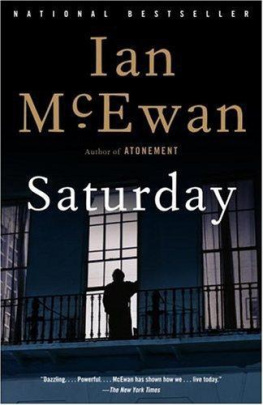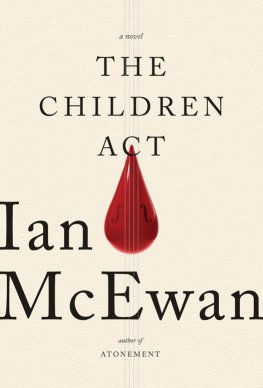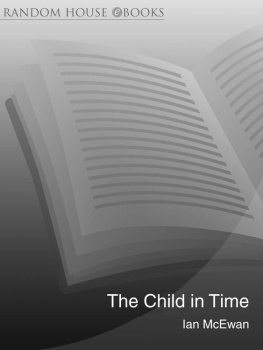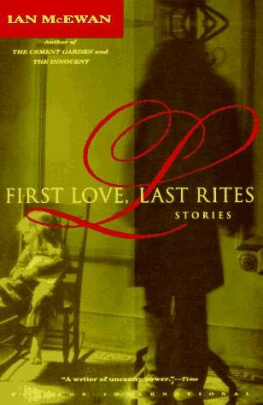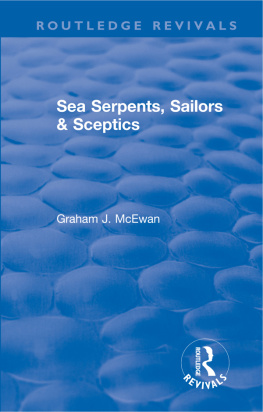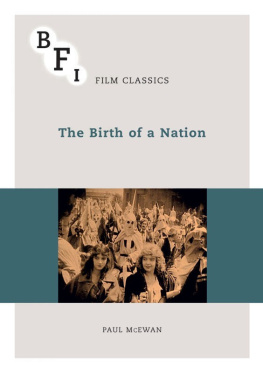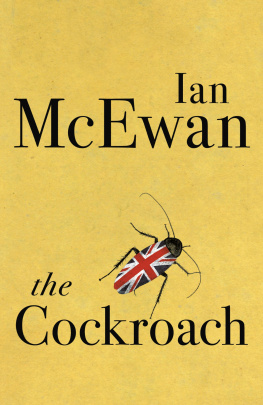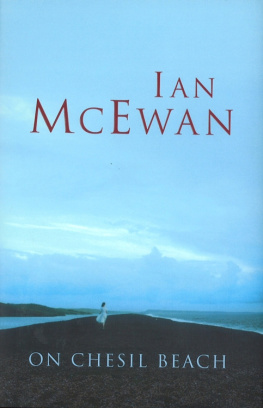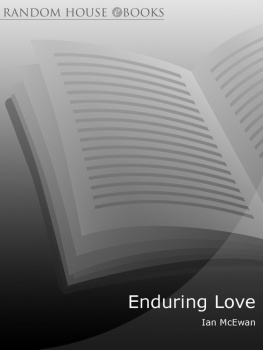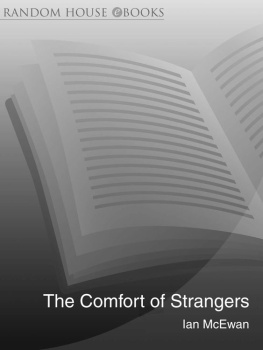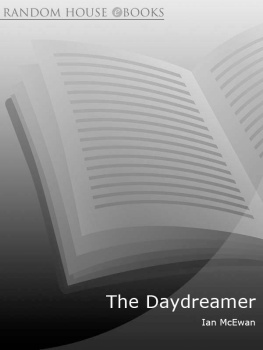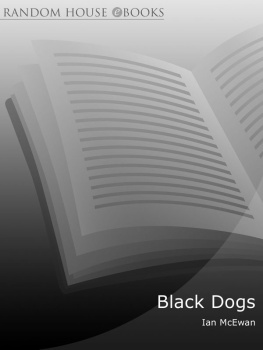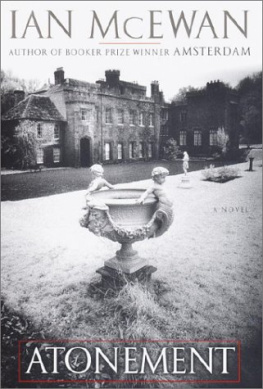Ian McEwan - The Daydreamer
Here you can read online Ian McEwan - The Daydreamer full text of the book (entire story) in english for free. Download pdf and epub, get meaning, cover and reviews about this ebook. year: 2011, publisher: Anchor, genre: Detective and thriller. Description of the work, (preface) as well as reviews are available. Best literature library LitArk.com created for fans of good reading and offers a wide selection of genres:
Romance novel
Science fiction
Adventure
Detective
Science
History
Home and family
Prose
Art
Politics
Computer
Non-fiction
Religion
Business
Children
Humor
Choose a favorite category and find really read worthwhile books. Enjoy immersion in the world of imagination, feel the emotions of the characters or learn something new for yourself, make an fascinating discovery.

- Book:The Daydreamer
- Author:
- Publisher:Anchor
- Genre:
- Year:2011
- Rating:3 / 5
- Favourites:Add to favourites
- Your mark:
- 60
- 1
- 2
- 3
- 4
- 5
The Daydreamer: summary, description and annotation
We offer to read an annotation, description, summary or preface (depends on what the author of the book "The Daydreamer" wrote himself). If you haven't found the necessary information about the book — write in the comments, we will try to find it.
The Daydreamer — read online for free the complete book (whole text) full work
Below is the text of the book, divided by pages. System saving the place of the last page read, allows you to conveniently read the book "The Daydreamer" online for free, without having to search again every time where you left off. Put a bookmark, and you can go to the page where you finished reading at any time.
Font size:
Interval:
Bookmark:
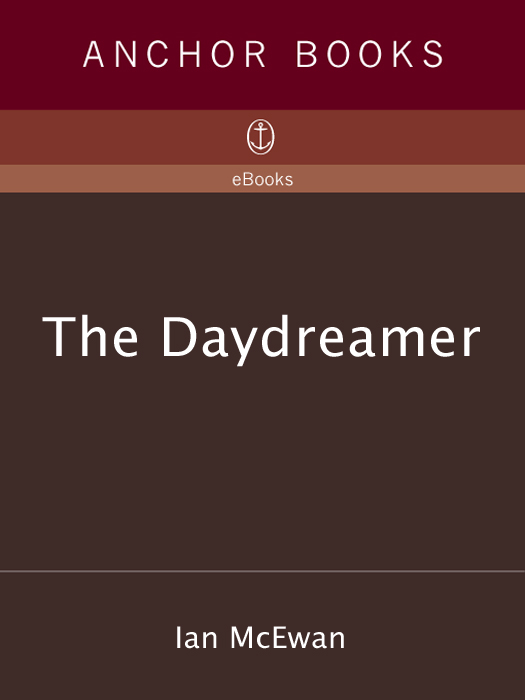
THE DAYDREAMER
[McEwan] is the quietest and most lucid of stylists, with never a word wasted or fumbled.
The New York Review of Books
The best English novelist of his generation.
The New York Observer
One of todays most imaginative writers.
The Star-Ledger (Newark)
McEwan is an excellent storyteller. His forte remains exploring the psyche of his characters and their growth in knowledge and experience at the expense of their innocence.
Boston Sunday Herald
Ian McEwan has proven himself to be one of Britains most distinct voices and one of its most versatile talents.
Chicago Tribune
McEwan writes a simple, visual prosecomic, deadpan, and lyrical.
Booklist (starred)
A delightful blend of serious whimsy and hilarious gravity.
Library Journal (starred)
McEwan dexterously presents a series of strange and wonderful metamorphoses. His vivid and poetic writing, celebrating the creative abilities of a gifted ten-year-old, reveals a profound understanding of childhood.
Publishers Weekly (starred)
Ian McEwan
Ian McEwan is the bestselling author of more than ten books, including the novels Atonement, The Comfort of Strangers, and Black Dogs, all shortlisted for the Booker Prize, Amsterdam, winner of the Booker Prize, and The Child in Time, winner of the Whitbread Award, as well as the story collections First Love, Last Rites, winner of the Somerset Maugham Award, and In Between the Sheets. He has also written screenplays, plays, television scripts, a childrens book, and the libretto for an oratorio. He lives in London.
First Love, Last Rites
In Between the Sheets
The Cement Garden
The Comfort of Strangers
The Child in Time
The Innocent
Black Dogs
The Daydreamer
Enduring Love
Amsterdam
Atonement
The Imitation Game
(plays for television)
Or Shall We Die?
(libretto for oratorio by Michael Berkeley)
The Ploughmans Lunch
(film script)
Sour Sweet
(film script)
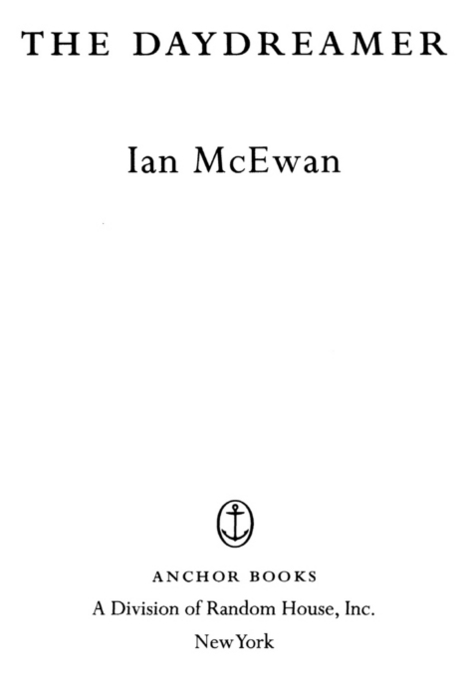
FIRST ANCHOR BOOKS EDITION, JANUARY 2000
Copyright1994 by Ian McEwan
All rights reserved under International and Pan-American Copyright Conventions. Published in the United States by Anchor Books, a division of Random House, Inc., New York, and simultaneously in Canada by Random House of Canada Limited, Toronto. Originally published in hardcover in the United States by HarperCollins Childrens Books in 1994.
Anchor Books and colophon are registered trademarks of Random House, Inc.
Library of Congress Cataloging-in-Publication Data on file.
eISBN: 978-0-307-80592-8
www.anchorbooks.com.
v3.1
To Polly, Alice, William and Gregory, with thanks.
My purpose is to tell of bodies which have been transformed into shapes of a different kind.
Ovid, Metamorphoses, Book One
A s each chapter of The Daydreamer was completed, I read it aloud to my children. The arrangement was simple. They got the latest instalment of what we called the Peter stories, and I took away some useful editorial comment. This pleasant, almost ritualistic exchange in turn affected the writing itself, in that I became more than usually attentive to the sound of an adult voice speaking each sentence. This adult was not, or not simply, me. Alone in my study, I read aloud passages to an imaginary child (not quite, or not only, one of mine) on behalf of this imaginary adult. Ear and tongue, I wanted to please them both.
The childs needs I thought I knew instinctively: a good tale above all, a sympathetic hero, villains yes, but not all the time because they are too simplifying, clarity in the openings, twists in the middle, and satisfying outcomes that were not always happy. For the adult I felt little more than vague sympathy. We all love the idea of bedtime stories the freshly minted breath, the wide and trustful eyes, the hot water bottle baking down among the clean linen, the sleepy glowing covenant and who would not have the scene carved upon his headstone? But do adults really like childrens literature? Ive always thought the enthusiasm was a little overstated, even desperate. Swallows and Amazons? Beatrix Potter? Marvellous books! Do we really mean it, do we really still enjoy them, or are we speaking up for, and keeping the lines open to, our lost, nearly forgotten selves? When exactly did you last curl up alone with The Swiss Family Robinson?
What we like about childrens books is our childrens pleasure in them, and this is less to do with literature and more to do with love. Early on in writing and reading aloud The Daydreamer I began to think it might be better to forget about our mighty tradition of childrens literature and to write a book for adults about a child in a language that children could understand. In the century of Hemingway and Calvino simple prose need not deter the sophisticated reader. I hoped the subject matter the imagination itself was one in which anyone who picks up a book has a stake. Similarly, transformation has been a theme, almost an obsession, in all literatures. The Daydreamer was published in an illustrated edition for children in Britain and the United States, and in a more sober adult form in various other countries. There was once a tradition by which authors dedicated their books to the fates, rather in the manner of a parent sending a child out into the world. Goe littel booke This one may well settle down after all for a quiet life in a corner of the childrens library, or die in oblivion, but for the moment Im still hoping it might give some pleasure all round.
Ian McEwan
1995
W hen Peter Fortune was ten years old grown-up people sometimes used to tell him he was a difficult child. He never understood what they meant. He didnt feel difficult at all. He didnt throw milk bottles at the garden wall, or tip tomato ketchup over his head and pretend it was blood, or slash at his grannys ankle with his sword, though he occasionally thought of these things. Apart from all vegetables except potatoes, and fish, eggs and cheese, there was nothing he would not eat. He wasnt noisier or dirtier or more stupid than anyone he knew. His name was easy to say and spell. His face, which was pale and freckled, was easy enough to remember. He went to school every day like all other children and never made that much fuss about it. He was only as horrid to his sister as she was to him. Policemen never came knocking at the front door wanting to arrest him. Doctors in white coats never offered to take him away to the madhouse. As far as Peter was concerned, he was really quite easy. What was difficult about him?
It was not until he had been a grown-up himself for many years that Peter finally understood. They thought he was difficult because he was so silent. That seemed to bother people. The other problem was he liked being by himself. Not all the time, of course. Not even every day. But most days he liked to go off somewhere for an hour to his bedroom, or the park. He liked to be alone and think his thoughts.
Font size:
Interval:
Bookmark:
Similar books «The Daydreamer»
Look at similar books to The Daydreamer. We have selected literature similar in name and meaning in the hope of providing readers with more options to find new, interesting, not yet read works.
Discussion, reviews of the book The Daydreamer and just readers' own opinions. Leave your comments, write what you think about the work, its meaning or the main characters. Specify what exactly you liked and what you didn't like, and why you think so.

